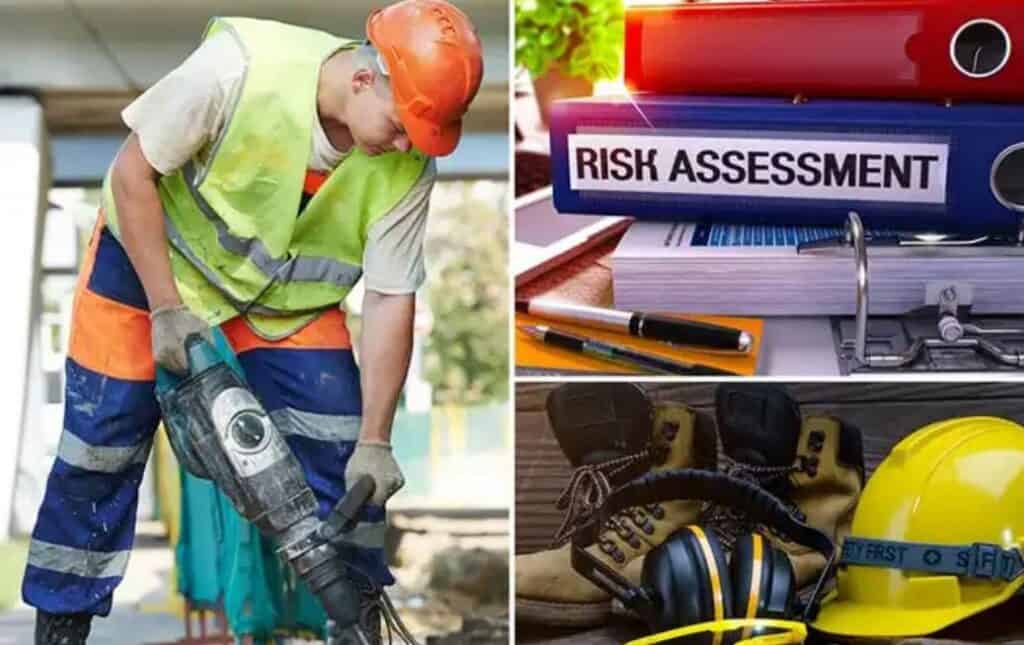Managing Risk Assessment in the Construction Industry of India (2019)
The dissertation explores the significant risks and challenges associated with the construction industry, focusing specifically on India’s construction sector. It assesses the importance of managing risks within this industry and evaluates the specific risks linked to India’s construction sector. The research primarily concentrates on the evaluation of the need for risk assessment and risk management within the Indian construction industry. It also examines various issues related to the risk management process, with a specific focus on Indian small and medium-sized enterprises (SMEs).
The researcher provides a concise overview of the risks involved in construction projects and outlines the strategies by which these risks can be mitigated. To establish the validity of the findings, the research involves the analysis of primary data collected from individuals with experience in India’s construction industry. This primary data serves as evidence of the authenticity and reliability of the study’s conclusions.
The research findings highlight the future prospects and potential limitations of the study. It reveals that operational and compliance risks are the two most significant risks in the construction industry. Specifically, ensuring safety in India’s construction sector is crucial for effectively eliminating these risks. The study identifies approaches to mitigate the risks and challenges associated with India’s construction industry.
Furthermore, the research emphasizes the necessity of adopting a well-planned risk management approach in construction projects to address the major issues prevalent in the industry. It emphasizes that managing risks in the construction industry requires a comprehensive and systematic approach to ensure successful project outcomes.
In summary, the project delves into the major risks and issues within the construction industry, with a particular focus on India’s construction sector. It emphasizes the importance of risk management and evaluates the specific risks associated with the Indian construction industry. The study analyzes primary data to authenticate its findings and proposes strategies to mitigate the identified risks and challenges. Ultimately, the research underscores the significance of adopting a well-structured risk management approach to effectively address the major concerns in India’s construction industry.
- 14,000 words – 72 pages in length
- Excellent use of literature
- Good analysis of subject area
- Well written throughout
- Ideal for construction management students
1 – Introduction
Background of the study
Research Aims and Objectives
Aims of the study
Objectives of the study
Research Questions
Problem Statement
Rationale of the study
Structure of the Study
2 – Literature Review
Risk assessment and Management
Construction Risks
Specific Aspect of Construction Risk in Indian SMEs
Safety hazards related to Construction: Focus on Indian SMEs
Need of Risk Management in Indian Construction Industry (SMEs)
Major Risks in Construction Industry
Effects of those risks in Construction Industry
Risk Assessment
Importance of Risk Assessment in Risk Management
Risk Identification and Mitigation
Strategies of effective risk identification and mitigation
3 – Methodology and Research Activity
Method Outline
Research Philosophy
Justification for Positivism
Research Approach
Justification for choosing deductive research approach
Research Design
Justification for choosing Descriptive research Design
Data Collection Process
Sampling Method
Sample Size
Data Analysis Process
Ethical Consideration
4 – Results and Analysis
Data Analysis: Quantitative
Demographic Data Analysis
Quantitative Data Analysis
5 – Discussion and Recommendations
Discussion
Risk management process
Recommendations
6 – Conclusion, Key Findings and Future Work
Conclusion
Linking with Objectives
Limitations of research
Future scope of the study
References

